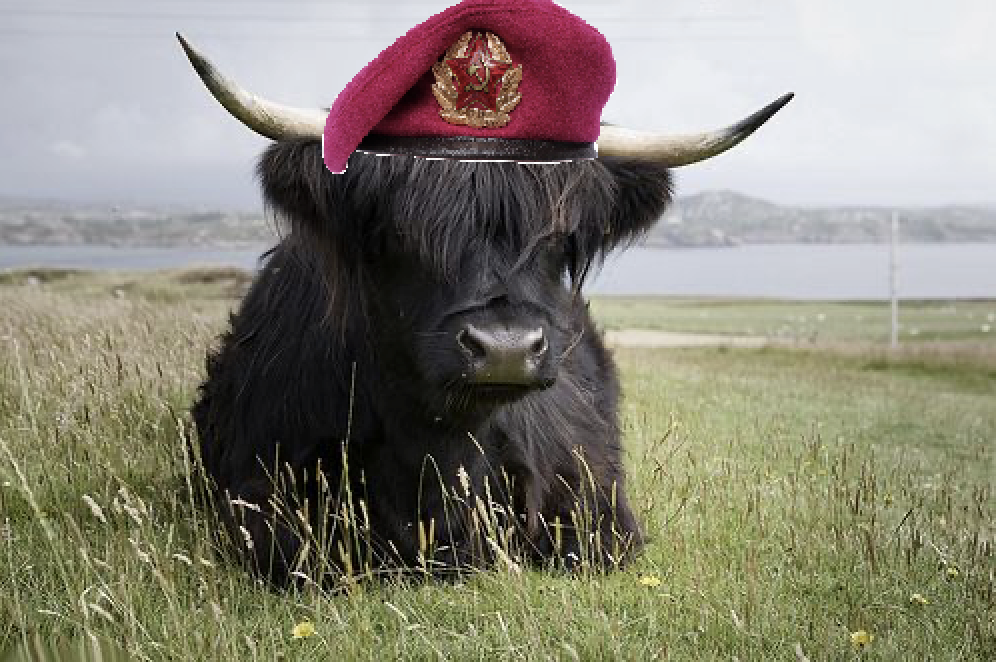Under the pretext of “avoiding political polarization” and “ensuring the widest possible turnout,” the Dominican Republic government has decided to exclude Cuba, Venezuela, and Nicaragua from the upcoming Summit of the Americas, to be held in December in Punta Cana, thus replicating the same exclusion regime that the United States already applied in 2022, during the Los Angeles summit.
The Dominican Foreign Ministry has justified the measure as an act of “multilateral responsibility,” in line with the OAS, an organization long criticized for serving the interests of the White House more than those of the peoples of the continent.
In the same statement, paradoxically, the Dominican Republic claims to maintain “good relations” with the three banned countries—which it invited to the Ibero-American Summit in 2023 and to CELAC in 2017. However, on this occasion, it has opted to comply with the political punishment scheme that divides Latin America and the Caribbean between “acceptable” countries and countries that are “uncomfortable” for Washington.
Cuba responds: “A summit doomed to failure”
The Cuban government expressed its “deep concern and rejection,” describing the exclusion as a “capitulation to brutal unilateral pressure” from the United States. The Cuban Foreign Ministry sees the consolidation of “the historic regression” of this summit system and the “impossibility” of a “respectful and productive” debate. “A Summit of the Americas built on exclusion and coercion is doomed to failure,” they emphasized.
Cuban President Miguel Díaz-Canel reiterated his rejection on social media.
I want to allow the highest turnout, therefore I will uninvite three countries.
They want the highest turnout BUT of US bootlickers.


